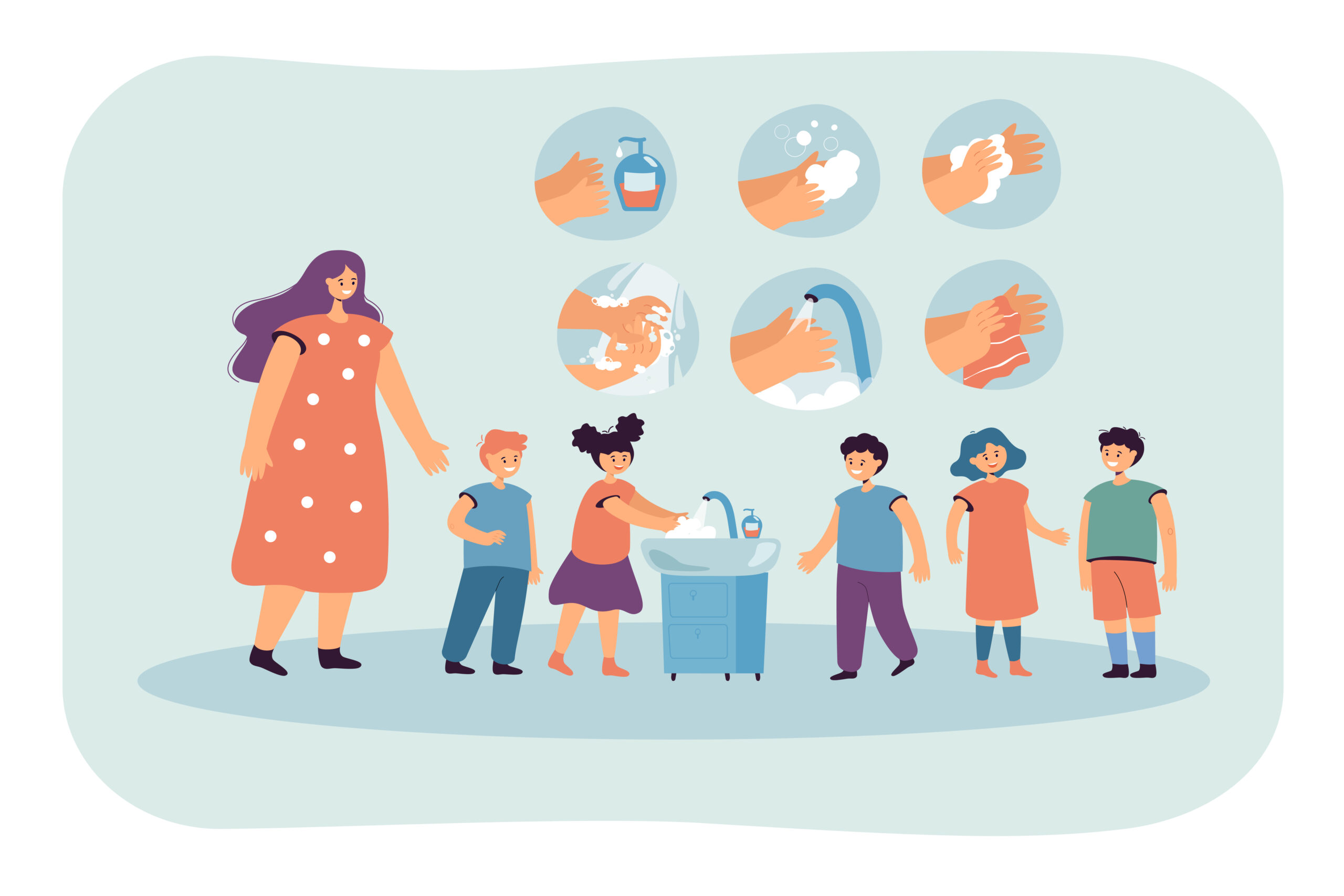Exploring the Importance of Sanitation and Hygiene in Daily Life
Discover why sanitation and hygiene are essential for a healthy life. Learn how daily habits impact well-being, prevent diseases, and...

Good health begins with cleanliness. Every day, we come into contact with millions of germs and harmful bacteria through the air we breathe, the food we eat, and the surfaces we touch. That’s why the importance of sanitation and hygiene in our daily lives cannot be stressed enough.
Clean surroundings and good personal habits are the foundation of a healthy life. They protect us from illness, improve our self-esteem, and make our communities safer and more livable.
We’ll explore the importance of sanitation, the importance of personal hygiene, and how these practices shape not only individual well-being but also public health and development.
What Is Sanitation and Hygiene?
Before we dive in, let’s understand what these terms mean:
- Sanitation refers to safe disposal of human waste, garbage, and wastewater. It includes clean toilets, proper sewage systems, waste management, and clean public spaces.
- Hygiene is about keeping our body, clothes, and surroundings clean to prevent infection and disease.
Together, they create a protective barrier against harmful germs.
The Importance of Sanitation in Daily Life
The importance of sanitation is huge—both for individual health and for society. Without proper sanitation, people are exposed to diseases like cholera, diarrhea, typhoid, and parasitic infections.
Here’s why sanitation matters so much:
1. Prevents the Spread of Diseases
Unclean surroundings are a breeding ground for bacteria and viruses. Poor sanitation can lead to serious health problems, especially in children and the elderly. Proper waste disposal and clean toilets reduce the chances of outbreaks.
2. Improves Quality of Life
Living in a clean environment boosts mental health. It creates a sense of dignity and respect. Clean homes and public areas are also more comfortable and welcoming.
3. Supports Economic Development
When people are healthy, they can go to work, attend school, and contribute to the economy. The importance of sanitation also shows in reduced healthcare costs for families and governments.
4. Protects the Environment
Proper disposal of waste keeps our water bodies and soil clean. It prevents pollution and helps preserve natural resources.
The Importance of Personal Hygiene in Everyday Life
The importance of personal hygiene is often taught at an early age—and for good reason. Regular bathing, brushing teeth, washing hands, and wearing clean clothes are simple acts that keep us safe from infections.
1. Keeps Diseases Away
Germs enter our body through dirty hands, unwashed food, or contaminated water. Practicing hygiene—like washing hands before meals and after using the toilet—can save lives.
2. Builds Self-Confidence
When we feel clean, we feel good about ourselves. Personal hygiene boosts confidence in social and work settings.
3. Teaches Responsibility
Good hygiene habits show that we care about ourselves and those around us. It also sets a good example for children and helps build a culture of cleanliness.
The Combined Importance of Sanitation and Hygiene
Now let’s look at the importance of sanitation and hygiene as a combined effort. Together, they act as the first line of defense against diseases and infections.
1. Improves Public Health
When everyone follows good hygiene and uses clean sanitation facilities, entire communities benefit. Schools, hospitals, and workplaces become safer places for all.
2. Promotes Gender Equality
In many places, lack of clean toilets keeps girls from attending school. Ensuring proper sanitation and hygiene supports female education and dignity.
3. Essential for Children’s Growth
Children are more vulnerable to illnesses caused by poor sanitation and hygiene. Providing them clean water, toilets, and hygiene education helps them grow up healthier.
Simple Hygiene and Sanitation Practices for Daily Life
Here are some easy-to-follow tips that can make a big difference:
- Wash hands with soap regularly
- Bathe daily and wear clean clothes
- Brush and floss teeth twice a day
- Keep nails trimmed and clean
- Use clean toilets and ensure they are flushed properly
- Cover food and drink clean water
- Dispose of garbage in bins, not on the street
- Keep bathrooms and kitchens clean and dry
These small steps help in maintaining the importance of personal hygiene and contribute to a cleaner, healthier environment.
The Role of Education in Promoting Hygiene and Sanitation
- Awareness is key. Many people still do not realize how important sanitation and hygiene are. Schools, communities, and governments must continue to educate citizens on these topics.
- Workshops, posters, hygiene kits, and sanitation drives can all help in spreading the message. Once people understand the impact of their habits, they’re more likely to change for the better.
Challenges to Achieving Proper Sanitation and Hygiene
Despite the benefits, many people still lack access to basic sanitation:
- Rural areas often have no toilets
- Clean water is not always available
- Open defecation remains a problem in many countries
- Waste disposal systems are outdated or missing
These challenges highlight why the importance of sanitation and hygiene must stay at the heart of public health and infrastructure efforts.
How You Can Contribute
- You can play a part in promoting cleanliness by:
- Practicing good hygiene every day
- Keeping your surroundings clean
- Teaching your children about hygiene habits
- Supporting local cleanliness drives
Donating to organizations that build toilets and provide clean water
Conclusion
The importance of sanitation and hygiene in our daily lives cannot be ignored. Clean habits protect us from disease, improve our mental and physical well-being, and help build stronger communities. The importance of personal hygiene also goes beyond the individual—it influences public health and social development.






